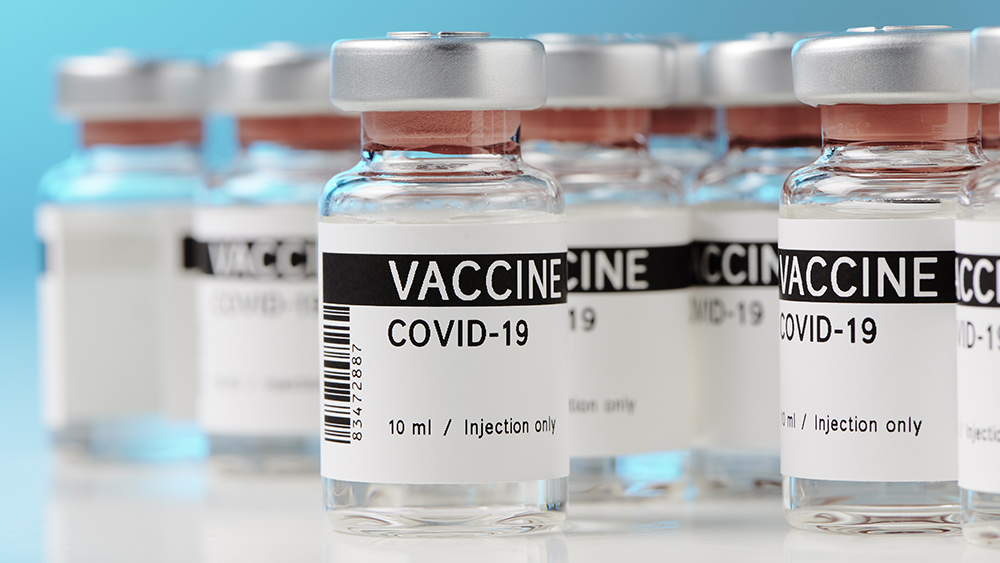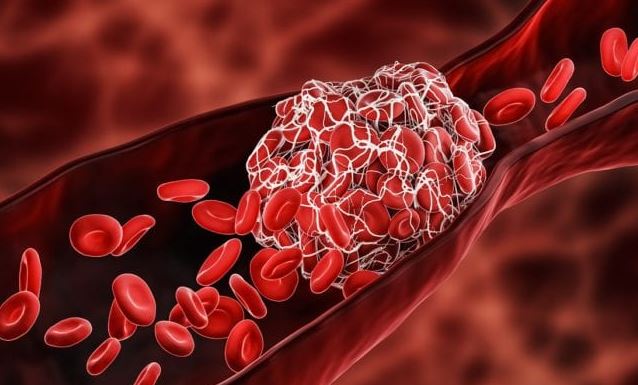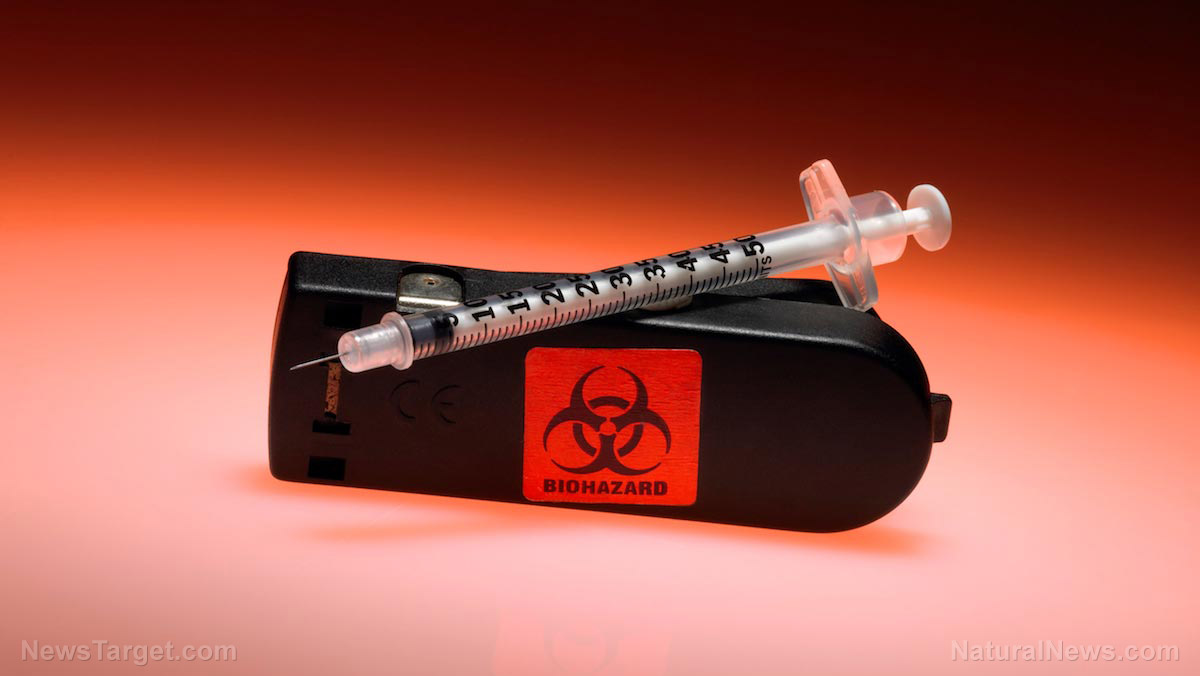
The media is giving considerable airtime to the deadly blood clot issue with Wuhan coronavirus (Covid-19) injections from AstraZeneca and Johnson & Johnson (J&J), both of which are manufactured using adenovirus technology. New evidence, though, shows that the messenger RNA (mRNA) injections from Pfizer-BioNTech and Moderna can cause the same issues and more.
Dr. J. Patrick Whelan, a pediatric rheumatologist, warned the Food and Drug Administration (FDA) back in December that mRNA injections have the potential to cause microvascular injury to the brain, heart, liver and kidneys – and in ways that were not even assessed during safety trials.
On Dec. 8, the FDA's Vaccines and Related Biological Products Advisory Committee (VRBPAC) released a public submission from Whelan that was a response to the agency's request for comments regarding so-called "vaccines" for the Chinese Virus. This occurred in anticipation of a Dec. 10 meeting at which the committee was scheduled to review the Pfizer-BioNTech injection for emergency use authorization (EUA).
In his public submission, Whelan, a veteran physician with decades of experience in his field, alerted the FDA to these potential vaccine injuries, noting that the spike protein component of the jabs is a potential trigger for serious injuries.
Whelan explained that experimental mRNA technology has "the potential to cause microvascular injury (inflammation and small blood clots called microthrombi) to the brain, heart, liver and kidneys in ways that were not assessed in the safety trials."
Nowhere in his alert did Whelan suggest that the "vaccines" might not work to quickly arrest the spread of the virus, but rather he warned that "it would be vastly worse if hundreds of millions of people were to suffer long-lasting or even permanent damage to their brain or heart microvasculature as a result of failing to appreciate in the short-term an unintended effect of full-length spike protein-based vaccines on other organs."
mRNA "vaccine" spike proteins found to cross blood-brain barrier
Whelan provided a plethora of evidence and pertinent information to back his warning, which the FDA patently ignored. Instead, the FDA chose to rely on very limited clinical trial data provided by the jabs' manufacturers as "evidence" that they are "safe and effective" enough to warrant an EUA designation.
The very next day, in fact, the FDA issued an EUA to Pfizer-BioNTech, effectively slapping Whelan in the face, along with the rest of America. The FDA was dead-set on getting Donald Trump's "Operation Warp Speed" injections distributed as quickly as possible, and nothing was going to get in the way of that.
A few days after Whelan submitted his letter to the FDA, the journal Nature Neuroscience determined that the commercially obtained Wuhan coronavirus (Covid-19) spike proteins (S1) found in vaccines readily cross the blood-brain barrier. These spike proteins were found in all 11 regions of the brain that were examined, including the parenchymal brain space where functional tissue is located.
This easy entry of vaccine spike proteins into the brain could explain the diverse neurological effects that have been observed in conjunction with the jabs. Such effects include encephalitis, respiratory difficulties and anosmia, or loss of smell. Researchers also found vaccine spike proteins in lung, spleen, kidney and liver tissue of mice.
A second study published not long after in the journal Neurobiology of Disease found that Chinese virus jab spike proteins have a direct negative impact on endothelial cells. This, that research team found, provides "plausible explanations" for the neurological consequences observed in some patients who test "positive" for the Wuhan coronavirus (Covid-19).
All of this and more is why Whelan expressed concerns to the FDA about the artificial spike proteins used in mRNA injections, which have the potential to damage major bodily organs.
More related news about the Wuhan coronavirus (Covid-19) death injections can be found at ChemicalViolence.com.
Sources for this article include:
Please contact us for more information.





















